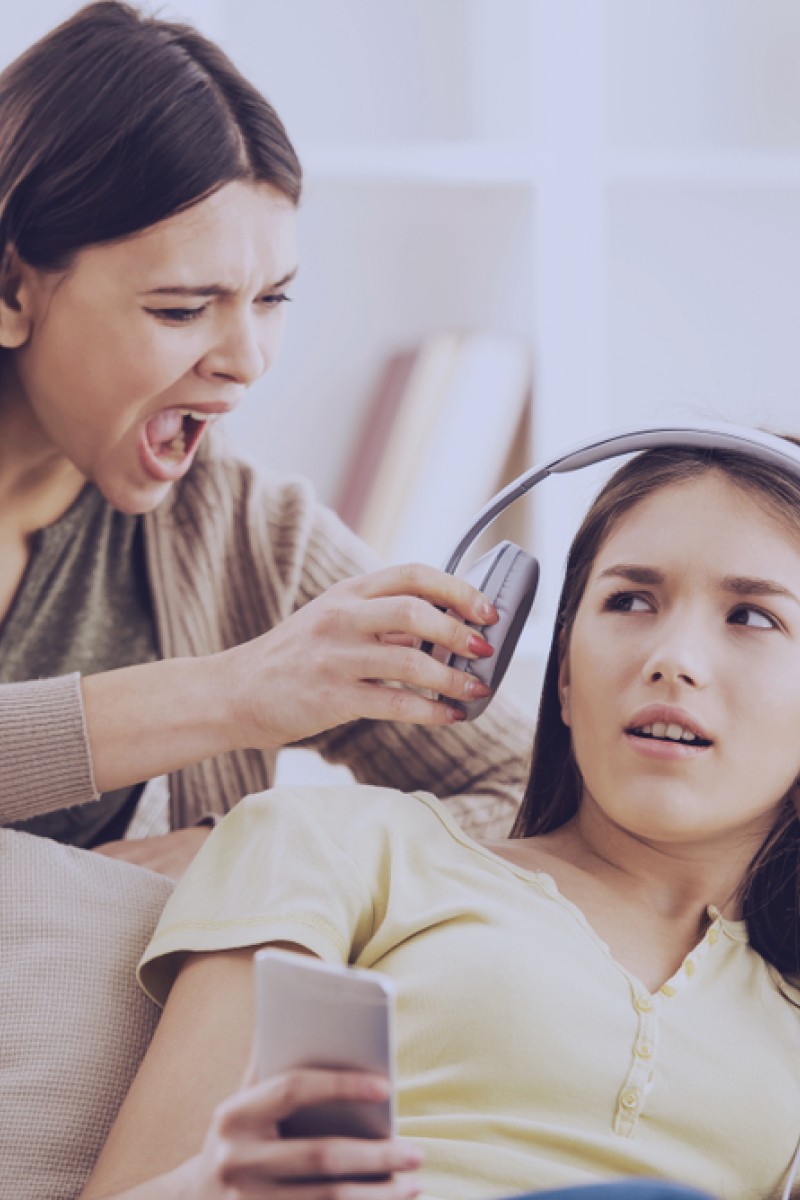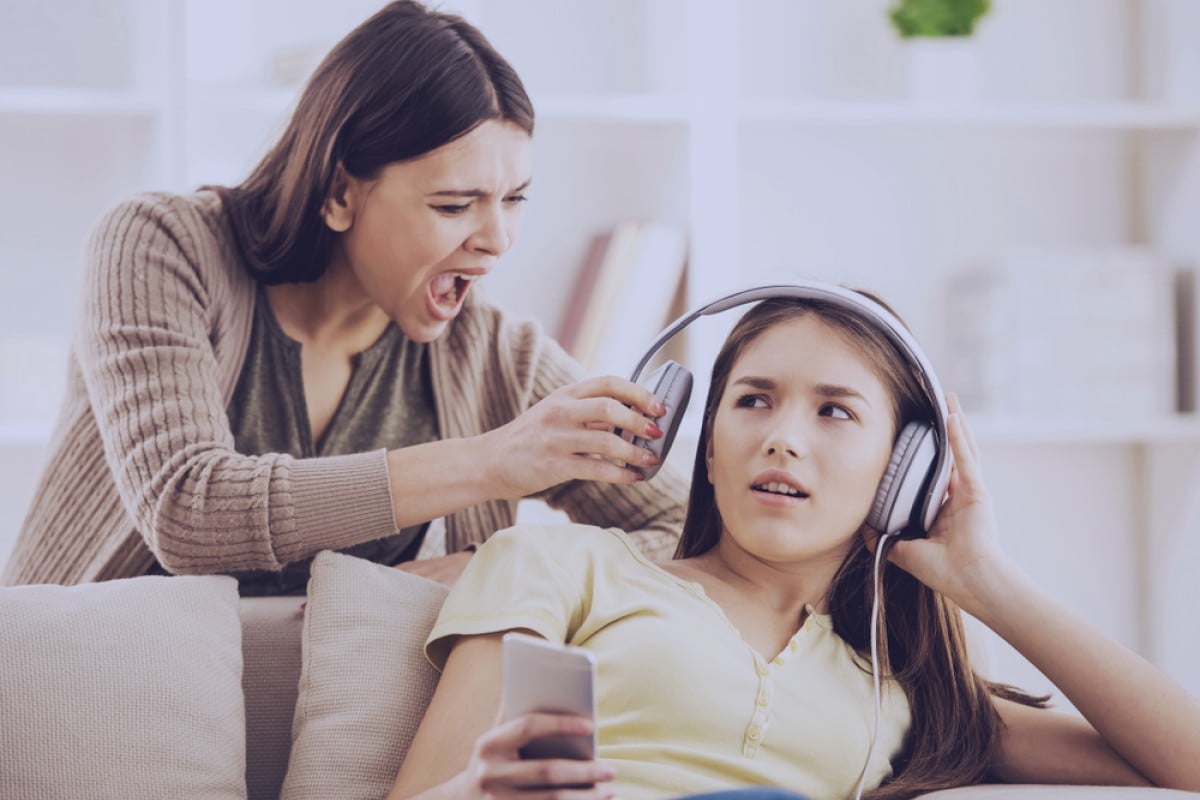
A police crisis worker has tips for parents to limit disputes with their children about cellphone use and video games

Excessive use of our cellphones can sometimes lead to poor grades, family conflict or lack of sleep. This is when the trouble typically begins.
Parents will try to take the phone away, said Victoria Perisee-Johns, a police crisis worker at several suburban police departments in the United States. But by then, teenagers may feel they have the right to the phone. They will hoard it - taking it everywhere with them, including the bathroom. Or they will give it to a friend for safekeeping, or hide it.
Teenagers may become verbally aggressive if the parent tries to take the phone, or may even attack: hitting, punching or pulling hair. And that, said Perisee-Johns, is when some parents call the police.
5 places in HK you can recharge your phone for cheap or free when your battery dies
Perisee-Johns, a worker who handles such cases said that it is happening at an alarming rate."We’re seeing aggression, we’re seeing agitation, we’re seeing kids run away - all of it over things like cellphones and video games.”
But local police departments say that they don’t track cellphone disputes between parents and teenagers, and their assessments of the problem vary. For example, in Evanston, a city in the state of Illinois in midwestern United States, it’s fairly common for calls to police regarding parent-child disputes to involve cellphones, but Evanston policeman Ryan Glew said that, in these cases, cellphone disputes appear to be symptoms of family problems rather than root causes.
Devorah Heitner, author of Screenwise: Helping Kids Thrive (and Survive) in Their Digital World, pointed out that the vast majority of families are not calling the police about cellphone disputes.
A millennial gives up his smartphone and goes old school with a Nokia 105 for a week
“This is extreme,” she said of calls to the police. But added that it does gives a sense of how helpless parents can feel in the face of a very strong, immersive relationship with tech.
Battles over cellphones or video games are at the root of about 20 percent of the parent-child disputes that are referred to Perisee-Johns by police in west suburban communities. Perisee-Johns, who has a master’s degree in forensic psychology, offers affected families brief problem-focused support, which includes a combination of family therapy and parenting support services.
In these cases, she asks for parents come up with very clear rules, for example: “I expect you to hand in your phone at 9 pm, I expect you to maintain a B average, I expect you to wash the dishes every night.” And if these requirements are not met, she says the punishment should be specific. For instance, losing the cellphone for a set amount of time.
YP cadet goes 24 hours without her smartphone
Heitner warns parents to also be on the lookout for signs of phone trouble. If device use is leading to daily conflict with teens, academic problems, loss of sleep, risky communication with strangers, coercion or harassment, she encourages parents to get outside help. For example, it may be worth using an app that limits screen time.
She said that parents are often conflicted when it comes to punishment as they don't want to deprive teenagers of things. In such cases, she says it's important for families to take advantage of resources offered by community centres and organisations.
“Sometimes they’re free or very affordable, and that is a resource that parents should never feel ashamed of taking advantage of.”